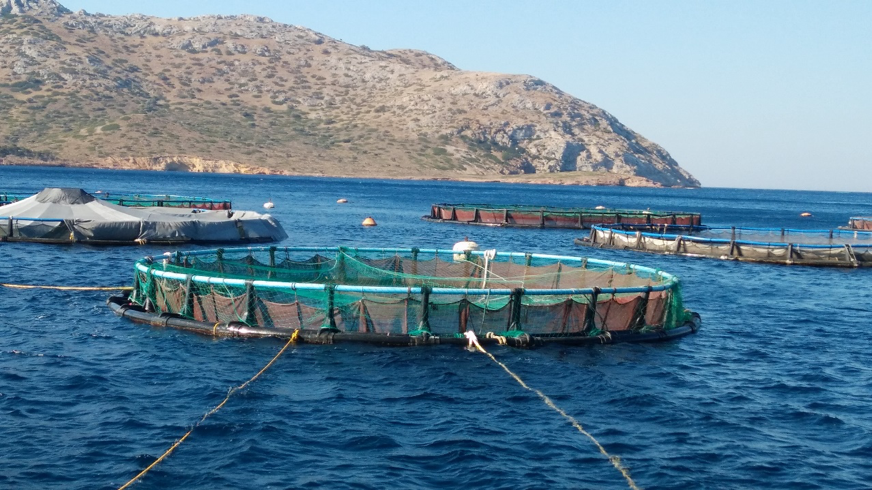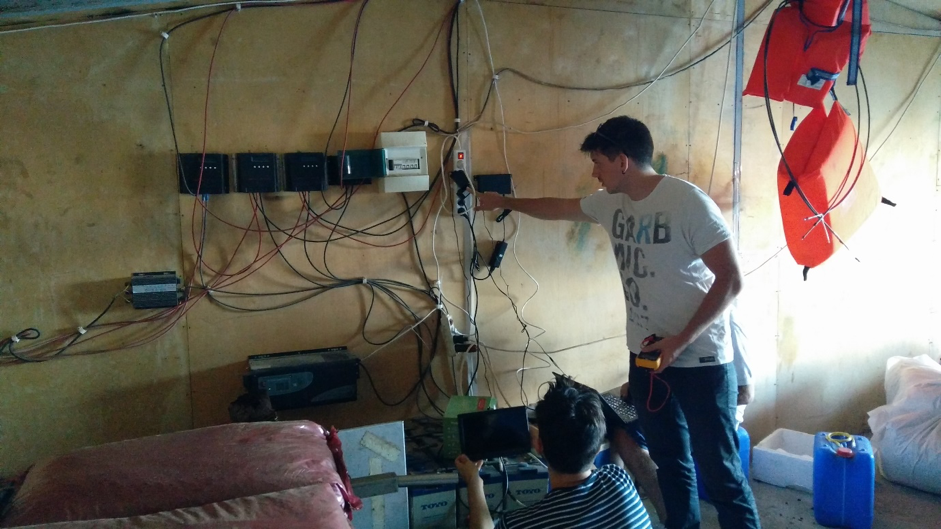
Greek Pilot rolls out Underwater Sensors to link Aquaculture & Tourism
UNITED’s Greek pilot has taken its first steps towards linking aquaculture and diving tourism, installing a range of underwater cameras and sensors that will enable the project’s next steps. The deployment will serve multiple ends: Sensors will check the water quality to monitor the environmental impact of the site and help with aquaculture management, as well as allow real-time of inspection of the fish. Underwater cameras will play an important role since these will be used in monitoring stress levels of the farmed sea bream and sea bass to see how they react to the presence of tourist or infrastructure maintenance divers.
“Our diving specialist Kostas Thoctarides will also survey the site in the coming month to create an underwater path for the expeditions and see if it’s secure for divers,” said pilot lead Ioanna Drigkοpoulou. “We also plan to have Remotely Operated Underwater Vehicles (ROVs) that send real-time video to those not willing to dive or able to for health reasons.”
The partners will deploy further sensors to monitor underwater currents in the next weeks, in addition to creating a scheduling platform to coordinate diving expeditions between the fish farm and the diving centre. But the biggest challenge on the horizon will come from COVID-19. Although restrictions have so far not had a big impact on the Greek pilot, these could cause difficulties once it reaches the operational phase in December.
“It’s not sure that tourists will be able to travel and engage in such recreational activity in December,” says Drigkοpoulou. “Patroklos has divers all year round but from March on, we’re hoping to be able to have more people and activity to show the benefits of the fish farm.”
 Figure 1: the fish farm in Patroklos, Greece.
Figure 1: the fish farm in Patroklos, Greece.
 Figure 2: Project partners installing the sensors and WINGS smart gateway.
Figure 2: Project partners installing the sensors and WINGS smart gateway.
